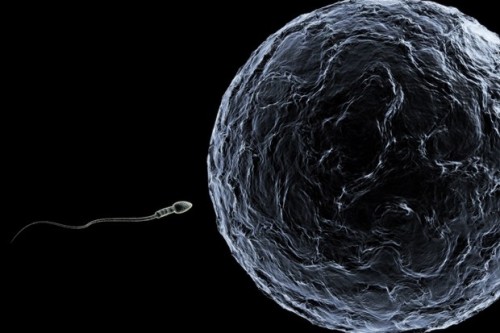Artificial Sperm to Fight Male Infertility
Employees at the Institute for Stem Cell Biology and Regenerative Medicine at Stanford University are sure that soon families unable to have children due to men’s health problems will no longer have to seek donor services. Dr. Renee Reijo Pera’s experiment demonstrated that viable sperm can be obtained from men skin cells.

A study by a group of American scholars involved several young men with low sperm activity caused by failure in the Y-chromosome. Stanford University staff took their skin particles and using modern high-tech equipment turned the skin cells into pluripotent stem cells – the source material for the cultivation of any other body cells.
Cell transformation is a progressive, but a completely new direction in biomedicine, so its technology is still imperfect. Dr. Pera’s experiment, however, was lucky, and he successfully transplanted pluripotent cells to the testes of mice, where they became the progenitors of sperm cells.
Despite the fact that this experiment has been single, the researchers believe that the fight against male infertility has reached a new level.
Dr Pera claims that in the future reproductive centers will be able to grow viable sperm cells in the laboratory. He assumes that the new biomaterial will be transplanted into the patient’s testicles.
According to statistics, infertility affects up to 15% of reproductive age couples. The most common cause of male sperm non-viability is Y-chromosome failure.
